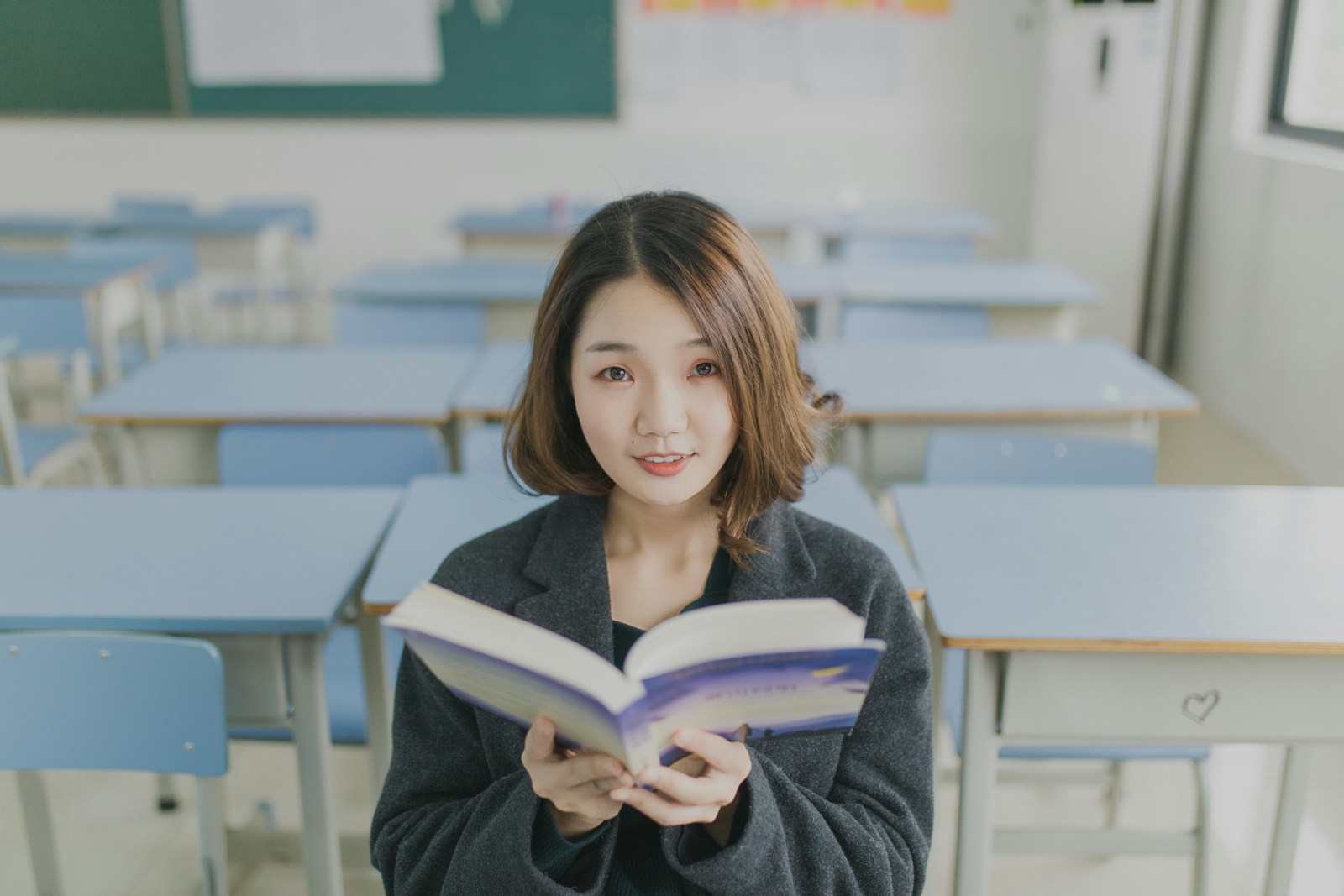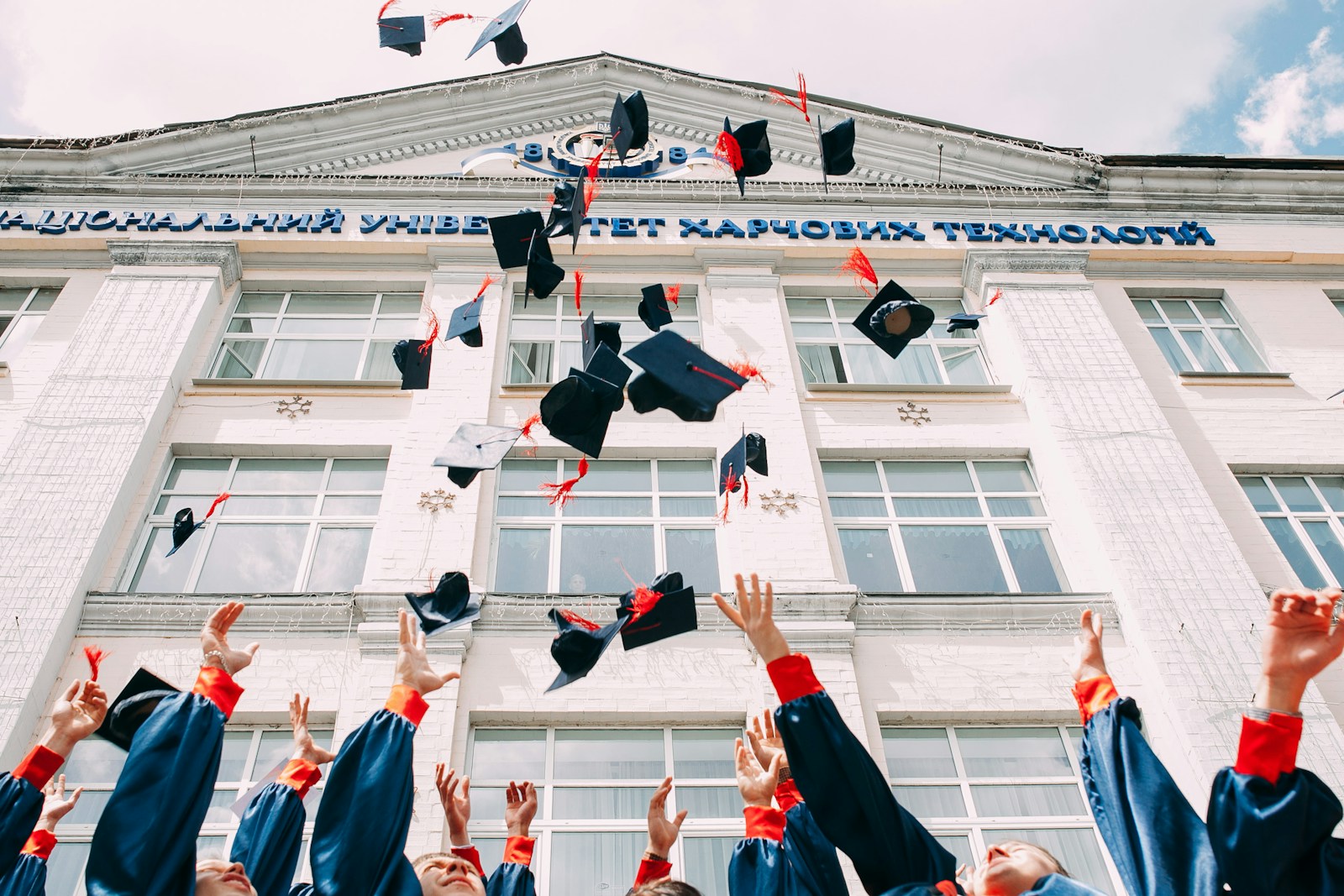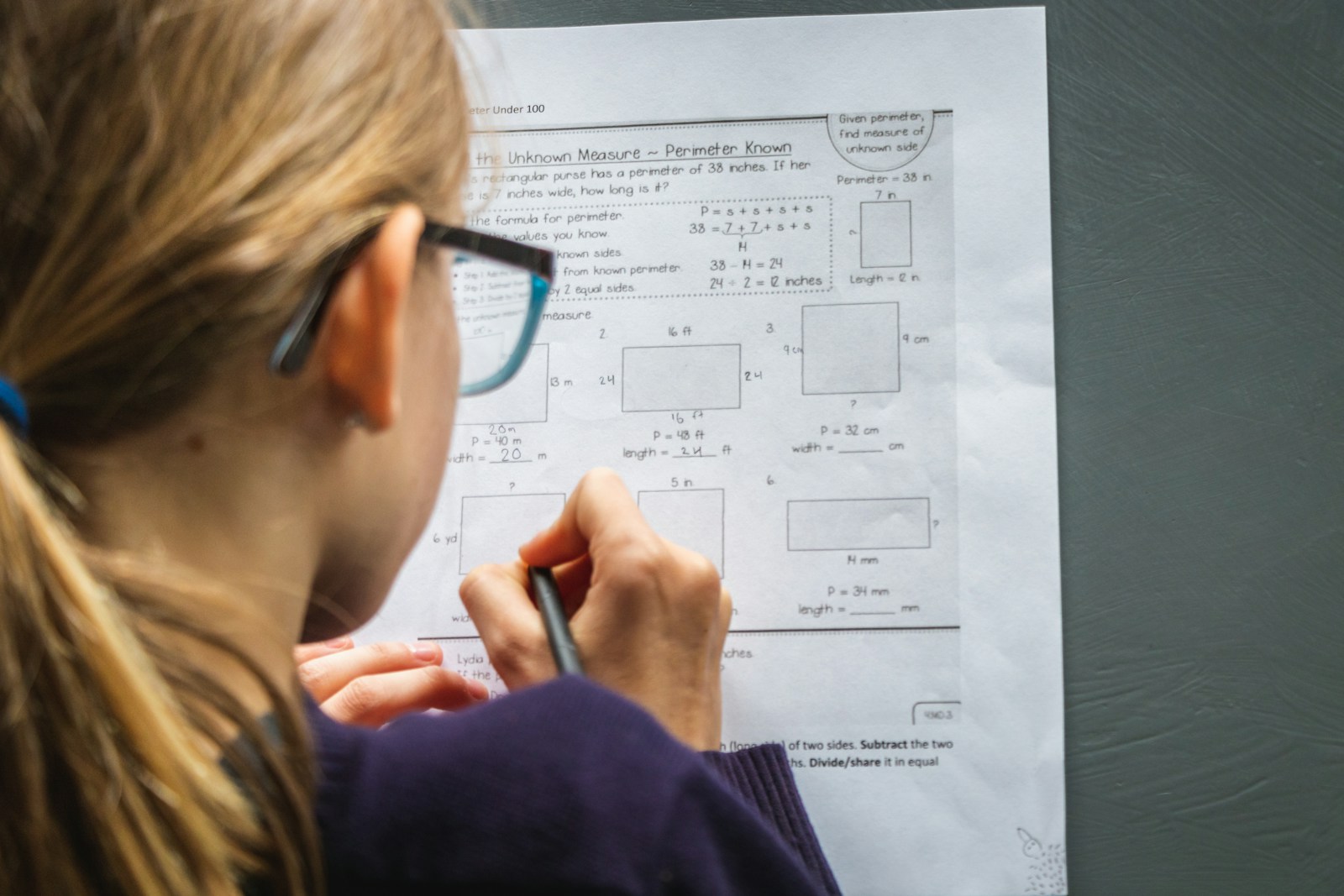Teacher training is fundamental to fostering inclusive education systems, particularly when addressing the needs of gifted students. Educators play a pivotal role in recognizing and supporting the unique potential of these learners. Their preparation must encompass an understanding of giftedness, strategies for effective inclusion, and the ability to navigate socio-emotional complexities. Early identification is key, allowing for tailored interventions that align with the individual strengths and needs of each student.
Gifted education requires teaching methods that challenge and engage students at an appropriate level. Differentiated instruction and enrichment activities provide opportunities for intellectual and creative exploration, ensuring that students are neither bored nor overwhelmed. Universal Design for Learning principles can enhance inclusion by offering multiple ways for students to access and demonstrate their knowledge. These approaches empower learners to thrive academically while also fostering a sense of belonging in their educational environments.
Teachers must also address the socio-emotional dimensions of giftedness. These students often experience heightened sensitivity, perfectionism, or feelings of isolation. Educators need to create a classroom atmosphere where these challenges are acknowledged and addressed, promoting resilience, leadership, and positive social interactions. The ability to guide gifted students through their emotional landscapes is as important as nurturing their academic talents.
Collaboration between teachers, families, and other professionals is essential for success. Sharing experiences, resources, and strategies enriches the collective ability to support gifted learners. Professional networks and ongoing education opportunities, such as workshops and seminars, equip teachers with the tools and perspectives needed to stay current in this evolving field. Lifelong learning is not just a concept for students but a necessity for educators dedicated to providing the best possible educational experiences.
Despite the challenges, such as limited resources or inadequate formal training, there are numerous facilitators that support effective teaching for gifted students. These include the use of technology, innovative instructional strategies, and open communication with families. Teachers’ commitment to adaptability and continuous improvement ensures that gifted students receive the attention and stimulation they need to excel. The path to inclusion may require effort and innovation, but the rewards—students reaching their full potential—are immeasurable.
Educators must be equipped with a strong foundation of knowledge, practical skills, and reflective practices to address the complexities of gifted education. Their role is central in ensuring that these students not only achieve academic success but also grow into well-rounded individuals. A holistic approach to teacher training, emphasizing the integration of theory and practice, lays the groundwork for inclusive and effective educational environments. Such training benefits not only gifted students but the entire learning community, as it fosters an appreciation for diversity and the value of every learner’s unique contributions.



